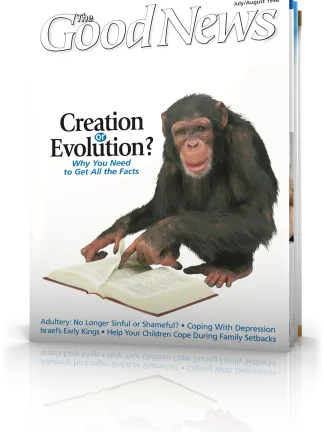World News and Trends- Coming soon: a common European currency
If Jan. 1, 2000, promises to be one of the pivotal dates in history, Jan. 1, 1999, is probably no less important to the European Continent.
The latter is the date when 11 national forms of legal tender will be fused into one common currency, dubbed the euro. This transition will probably turn out to be one of the biggest steps ever taken in pursuit of European unity. It is difficult to see how political and military union will not follow if the change to the common currency is a success.
Among the countries of Western Europe, Britain, along with Sweden and Denmark, has chosen a more-independent economic course. The United Kingdom has a history of exercising caution toward European alliances. The British were slow to enter the present European Union (EU), and many of the island's inhabitants have felt a sense of discomfort ever since. Though Britain plans to adopt the new currency about three years after its introduction (about 2002), some observers doubt that she will ever take that step.
The British are not the only ones approaching the euro with caution. In the new currency the world will see a competitor to the U.S. dollar, which has dominated monetary exchanges for decades. What will be the impact of this new currency?
In the words of Rupert Wright in The European: "The dollar is the Coca-Cola currency, recognisable and tradeable throughout the world: almighty, all-conquering. Since it toppled sterling when the British devalued in 1931, it has been the only truly global currency for more than 60 years. It is used to settle more than 50 per cent of all trade. Want to buy a jumbo jet? It is priced in dollars. Oil? $16.20 a barrel will do nicely ...
"Now there will be soon be a new kid on the block: the euro. On 1 January 1999 the 11 members of Euroland will formally launch a new currency that will instantly be huge- second only to the dollar and with the prospect that it might one day even challenge it for supremacy" (May 4-10, 1998).
Likely the euro will quickly assume the role of a parallel currency in the opt-out countries of the European Union as well as Eastern Europe. The Mediterranean and North Africa will also see plenty of euros.
Many are making claims in advance. "The euro is the event of the century; the euro will make people forget the deutschmark," said Helmut Kohl, chancellor of Germany. Brian Reading, director of Lombard Street research, says the euro "will replace the dollar as top dog."
But other voices predict an accommodation. Writes Norbert Walter, chief economist for Deutsche Bank: "There is room in the ring for the dollar and the euro. It is a fight that probably neither can win outright, nor do they need to. The dollar and euro are each likely to wind up with about 40 per cent of world finance, with about 20 per cent remaining for the yen and a few smaller currencies such as the Swiss franc and [British pound] sterling. The euro will launch with a big bang and continue with a slow-burning fuse."
Some Europe watchers wonder if this common medium of exchange is not another major step towards the fulfillment of biblical prophecies about a dominant political, economic and military power yet to rise in the territory that once constituted the nucleus of the old Roman Empire. Prophecy tells us that this crucial occurrence will precipitate events leading to the second coming of Jesus Christ. (Sources: Newsweek; The Times [London]; Daniel 2, 7; Revelation 13, 17.) GN




